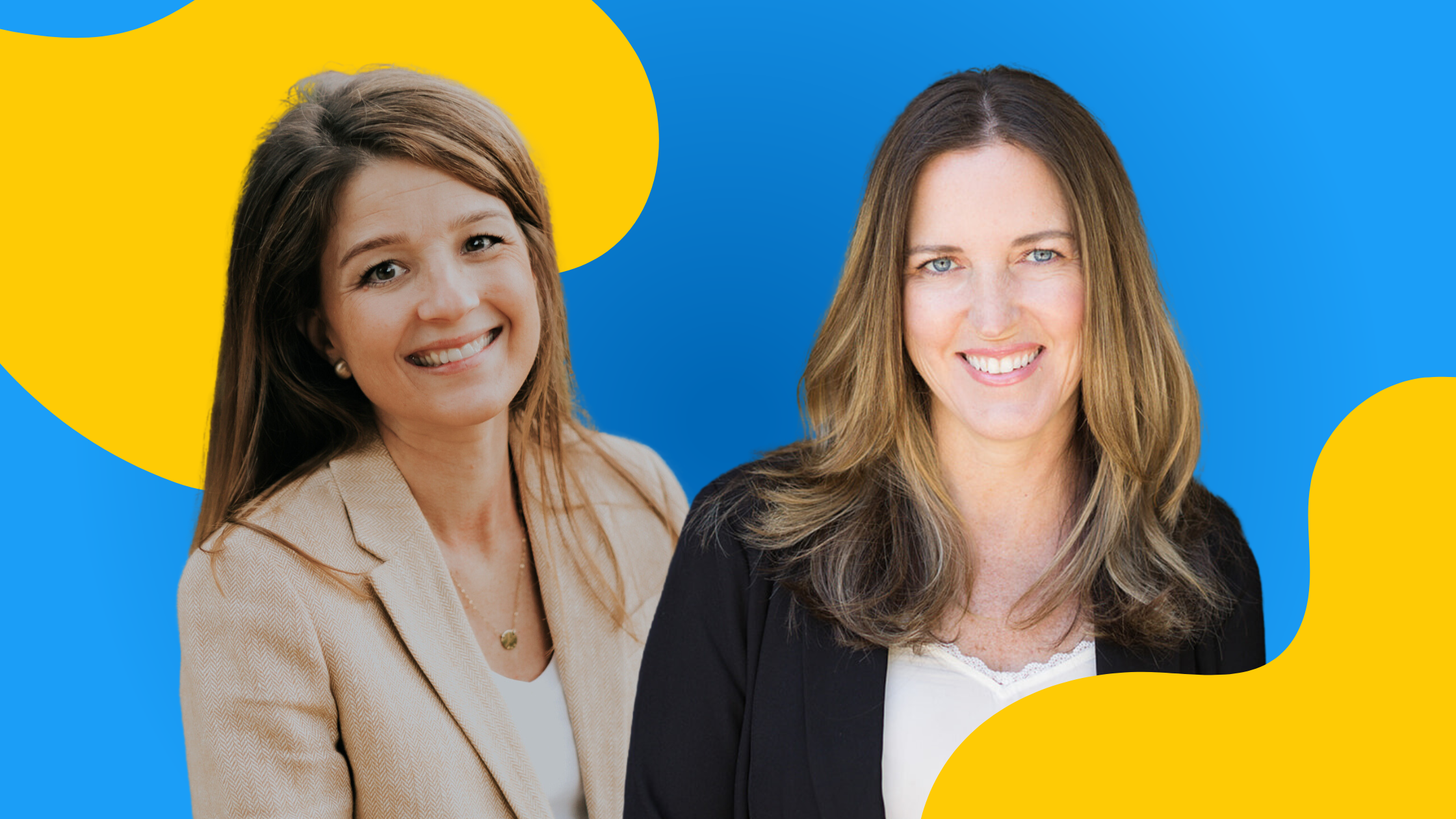
Understanding your learning profile and what it takes to navigate high school, be a self-advocate, and improve executive functioning is essential for all, but especially those considered “neurodivergent.” Senior College Counselor Carrie Jorgenson shares key takeaways from an interview with Julie Flynn, a Licensed Educational Psychologist based in the Bay Area. Carrie wraps up with insights on colleges that do an exceptional job supporting students with learning differences.
When I had the chance to sit down with Julie Flynn, Licensed Educational Psychologist, and owner of Learning Bio, I was struck by her insight and utter dedication to helping students best understand their own learning profiles.
Through Julie’s 13+ years in the field, working as a school psychologist, special education administrator, 504 administrator, parent & advisor school board member, and now Licensed Educational Psychologist and business owner, Julie has quite the resume
If you are at all curious about the ins and outs of navigating high school with a learning difference and the best colleges to support students with learning differences, this is the article for you!
Julie Flynn: I would recommend starting with your child’s teacher and/or school counselor to request a Student Study Team (SST) meeting. The purpose of this meeting is to brainstorm strategies to support your child, as well as to discuss a plan for implementing the strategies and monitoring your child’s progress. If concerns persist, I would recommend requesting a psychoeducational evaluation from your public school district or a Licensed Educational Psychologist.
The psychoeducational evaluation will identify your child's strengths and weaknesses, identify if your child has a processing deficit, determine the extent to which a processing deficit may be impacting your child’s learning and social/emotional development, and provide data-based decision-making regarding targeted interventions and supports.
JF: Prepare and submit your application for accommodations and required documentation at least 6 months prior to the planned SAT/ACT test date. You will need to submit a current psychoeducational evaluation report (within three years of your application and at age 16+) as part of the application.
JF: A Learning Biography is “learning how you learn.” Learning biographies are discovered through a learning profile assessment or a psychoeducational evaluation while partnering with students to learn about what neurons or pathways are further developed and what pathways are still growing or “under construction.”
By furthering their understanding of their learning profile, students gain knowledge of how their processing strengths and weaknesses impact their learning, communication style, and relationships. Facilitating meaningful conversations about a student’s learning profile identifies strategies geared towards the student’s strengths and provides them with language on how to effectively communicate their learning needs. Most importantly, as we understand how we learn, it changes our perspective from “what's wrong” to “what's different.”
The gift of "learning how you learn" can be very powerful for students of all ages in furthering their education, self-advocacy, and social/emotional success.
JF: Focus on building executive functioning skills. Executive functioning skills include time management, planning, prioritizing tasks, organizing materials, and keeping track of assignments. These are life skills that are key to success beyond school. Develop and stick to a routine to proactively plan, and prioritize on a consistent basis.
JF: Neurodivergent simply means that all brains are different and necessary. When a student is neurodivergent their brain is built in a unique way that is different from most brains.
Although “neurodiversity” is often used to describe neurological and developmental conditions, the idea of neurodiversity is that all humans are neurodivergent because everyone has a unique way of processing information. As awareness increases, our society is beginning to normalize learning differences and students are more willing to partner in understanding their learning profile and feel empowered to approach tasks more effectively and advocate for themselves.
JF: Trends in neuropsychology typically develop as research expands and awareness increases among parents, educators, and students related to diagnoses such as Dyslexia and ADHD. Mental health needs in young adults have increased significantly over the past three years. Anxiety and Depression are on the rise. More students refer themselves for assessment to learn how they can be more efficient in processing information as balancing academic demands and extracurricular activities becomes more challenging in high school. Optimistically, the interest of young adults in pursuing a career in psychology has increased.
Support for students with diagnosed learning differences (LD) has drastically improved over the last decade. While colleges generally provide more services than ever before, some colleges provide higher-quality services.
Virtually all colleges from community colleges to Stanford provide support for their LD populations. That support, however, can vary greatly. Assistance may include extended time on exams, priority access to registration, audiobooks, alternate exam formats, printed lecture notes, and even special housing.
As a student develops their college list it’s helpful to understand what the LD program offers. It will pay dividends to set up a phone call with someone from the relevant office as you dig into the research. As with all things in college counseling, there is no one standard name for an office focused on accessibility and learning differences. Names can range from the University of Arizona’s Strategic Alternative Learning Techniques Center (SALT program) to Wake Forest’s, Center for Learning, Access & Student Success, to USC’s Office of Student Accessibility Services. Regardless of the name of the center, it is essential students and families connect with individuals from those offices to ensure a fit.
American University
Bard College
Boston University
DePaul University
Lewis & Clark College
Marist College
Muhlenberg College
Northeastern College
Syracuse University
University of Arizona
University of Colorado, Boulder
University of Connecticut
University of Denver
University of Georgia
University of Vermont
University of Wisconsin, Madison